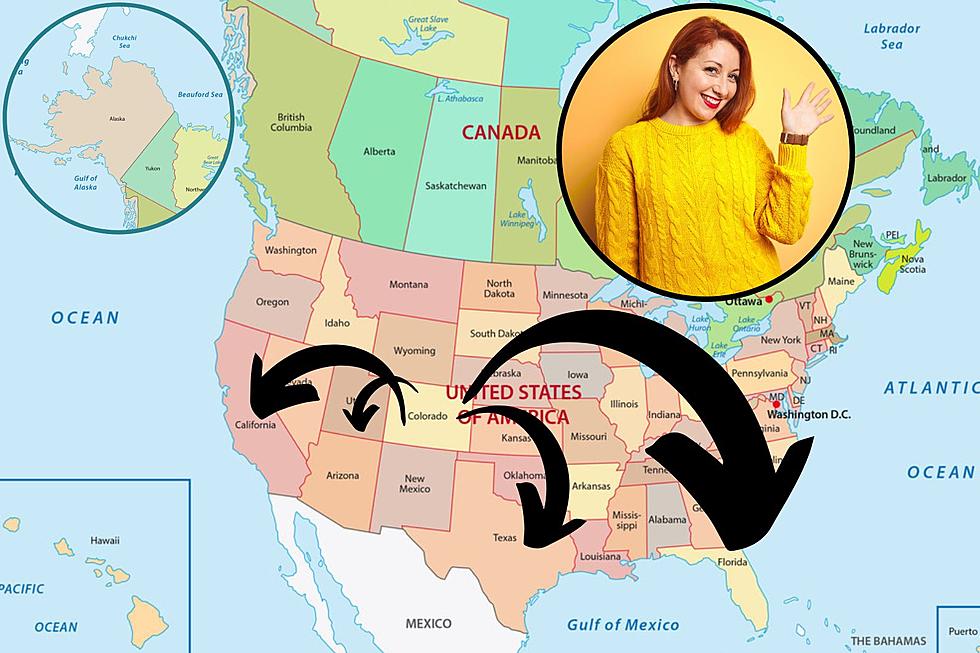
Quick Tips to Spot a Colorado Scam
In 2023, there seem to be more people than ever in America that are lining up to try to steal your money. Between hidden fees in just about everything and the slow-but-steady march to everything being based on a subscription, holding on to your money is getting harder to do, every day.
Fortunately for you, though surely not so for me in my youth, I got scammed enough times in my late teens and early twenties to have picked up a few tricks that could help you spot a scam before it's too late. It's what they call experience in professional circles, and I'm going to share some of that with you in the hopes that it might save you a lot of time, aggravation, and most importantly: money.
If it sounds too good to be true, it probably is.
This tip is an oldie, but it's also a goldie that holds even more weight in the age of the internet. Heck, this is the kind of thing that can get you into trouble with legitimate jobs, like when you get stuck doing work above your pay grade, but without the promotion your boss said would come with all those extra responsibilities. So, if something sounds like a load of malarkey, best to assume that it probably is.
If it feels like the person you're talking to is gaslighting you, they probably are.
Gaslighting is a term that has become quite popular, primarily within the last decade and coinciding with the rise of people talking to each other on the internet all the time. Newport Institute defines it as, "...a form of psychological manipulation in which the abuser attempts to sow self-doubt and confusion in their victim's mind."
In simpler, sillier terms, this would be like someone moving a pillow from your couch without your knowledge, and when you ask them where it went, they tell you that you put it somewhere, making you doubt your own brain. So, if someone you're talking to starts telling you things that, on the face of them, don't make sense and sound made up, you may want to stop asking questions and start looking for somebody else to speak to.
If they can't explain it, then it's probably a scam.
So, after covering gaslighting, what would be next? Well, how about spotting a liar? It's actually quite easy to do once you know how, but it does take a little bit of practice.
For instance, when a smiling guy on the street tries to sell you on the latest pyramid scheme, you can ask more-pointed questions, like whether or not they actually have to sell anything to customers for this venture to make money, or if there's some kind of weird math that determines how much you get paid for what you actually sell? If the response is either, "I don't know," or, "let me get back to you," then you know you're getting taken.
Fool me once, shame on you...
Now, this next tip should in no way be taken as a call for the scammed to take more responsibility for, you know, getting scammed. However, I also have little patience for people who refuse to learn. So, if you've already been scammed, and somebody starts talking to you in the ways detailed above, maybe make a mental note that the last time somebody talked to you like this, you winded up losing $35,000. Learn from me, because you deserve better than being taken advantage of.




